A Hong Kong head of fauna conservation on ecology in the region
Gary Ades, the head of fauna conservation at Kadoorie Farm and Botanic Garden, on the evolution of animal welfare and conservation in Hong Kong
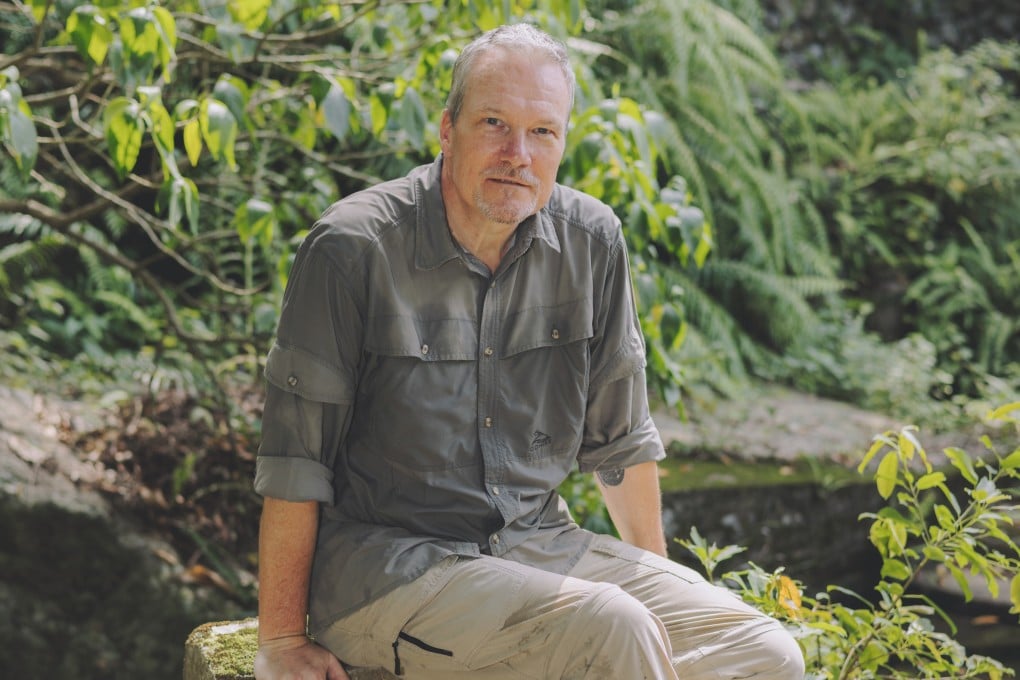
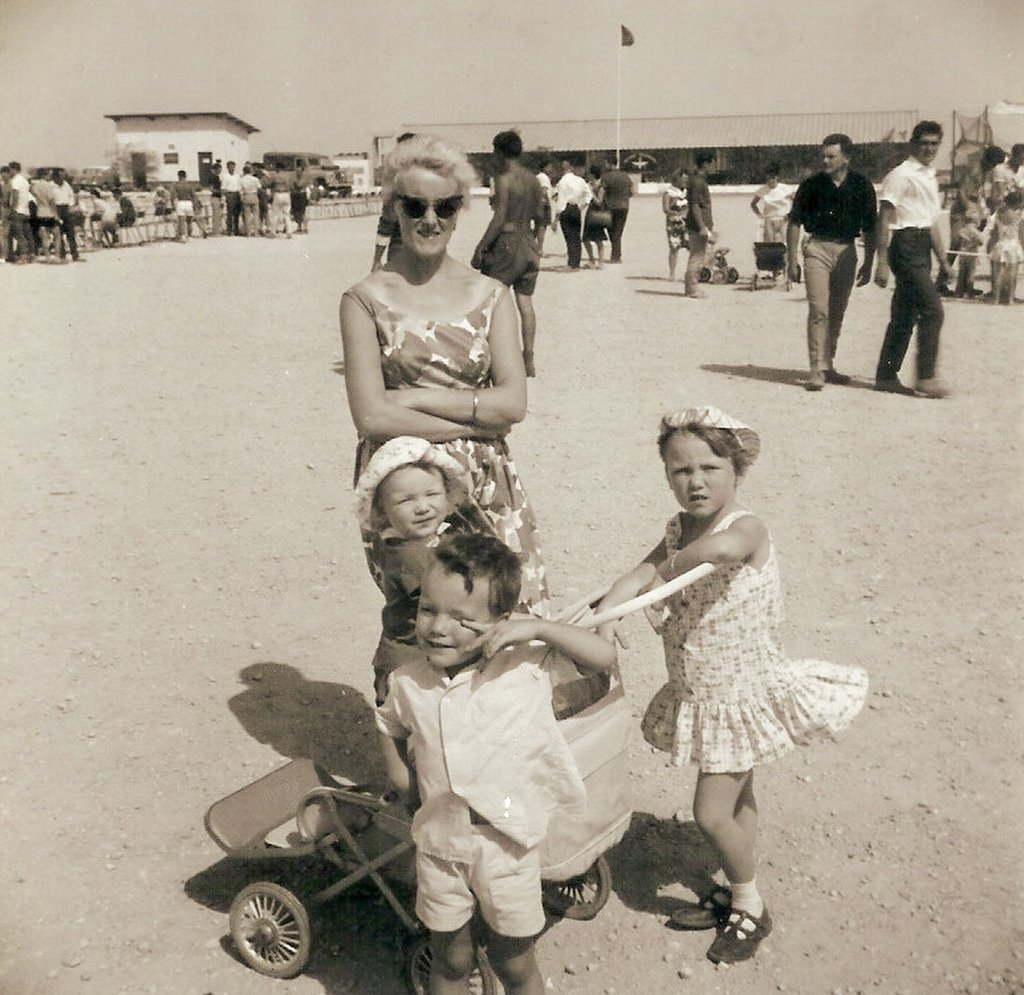
WE LIVED in Kowloon and my brother and I used to spend a lot of time wandering the streets. At that time, there was blatant selling of all sorts of wild animals and we found warehouses with everything from bears to eagles. The sad thing was everything that you were looking at was going to be sold for food. In those days, in the markets, lots of quails were being sold. They were all treated like commodities, not like living animals. The stallholders would pick up a bunch of quails, wrap a string around their necks and then pull it tight so that you had these five quails all being strangled and then they hung them up until they died, and that was that. We saw grass owls and eagle-owls being sold on the side of the road for food. We would try to buy them to release them. In those days, I wasn’t thinking about ecology. We just wanted to save everything because it was so sad.
MY FATHER WAS focused on birds of prey, but I had bats, shrews and scorpions, anything. My mum was OK with it. She had a lizard that she called by name and it would run around the house. My first degree at the University of London was in zoology, the technical grounding for what I eventually did. Ecology is like the interaction of plants and animals and I realise that’s where I am. It’s not individual animals or individual trees and things. I’m interested in how they behave together, how they interact. And that’s the most important thing because that relates to biodiversity. Saving habitat, not just saving species.
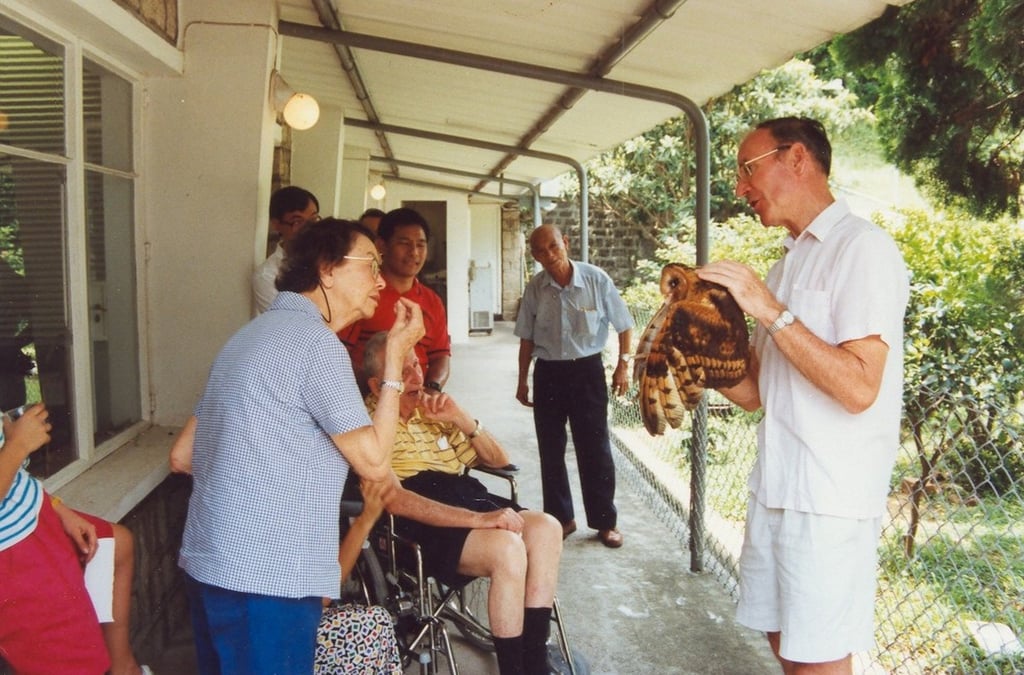
AFTER UNIVERSITY, I did a course in teaching English as a foreign language in Bournemouth, and had an Italian girlfriend, and lived in Italy for two years. Then, on a visit to my parents in Hong Kong, I met David Melville, the director of WWF-Hong Kong for many years. He needed someone to do a study on bats. There was a lot of development going on and it was not known if their localities were being destroyed. I was very happy when he said that but then it meant moving from Italy to Hong Kong in 1989. My girlfriend only stayed a year. My PhD was in the ecology of Hong Kong bats. During my study I found two or three new species that had never been recorded in Hong Kong. By the time I’d finished, there were 20 species and now there are 25. I was crawling around in old mines, places like Lin Ma Hang, near Sha Tau Kok, at the border.
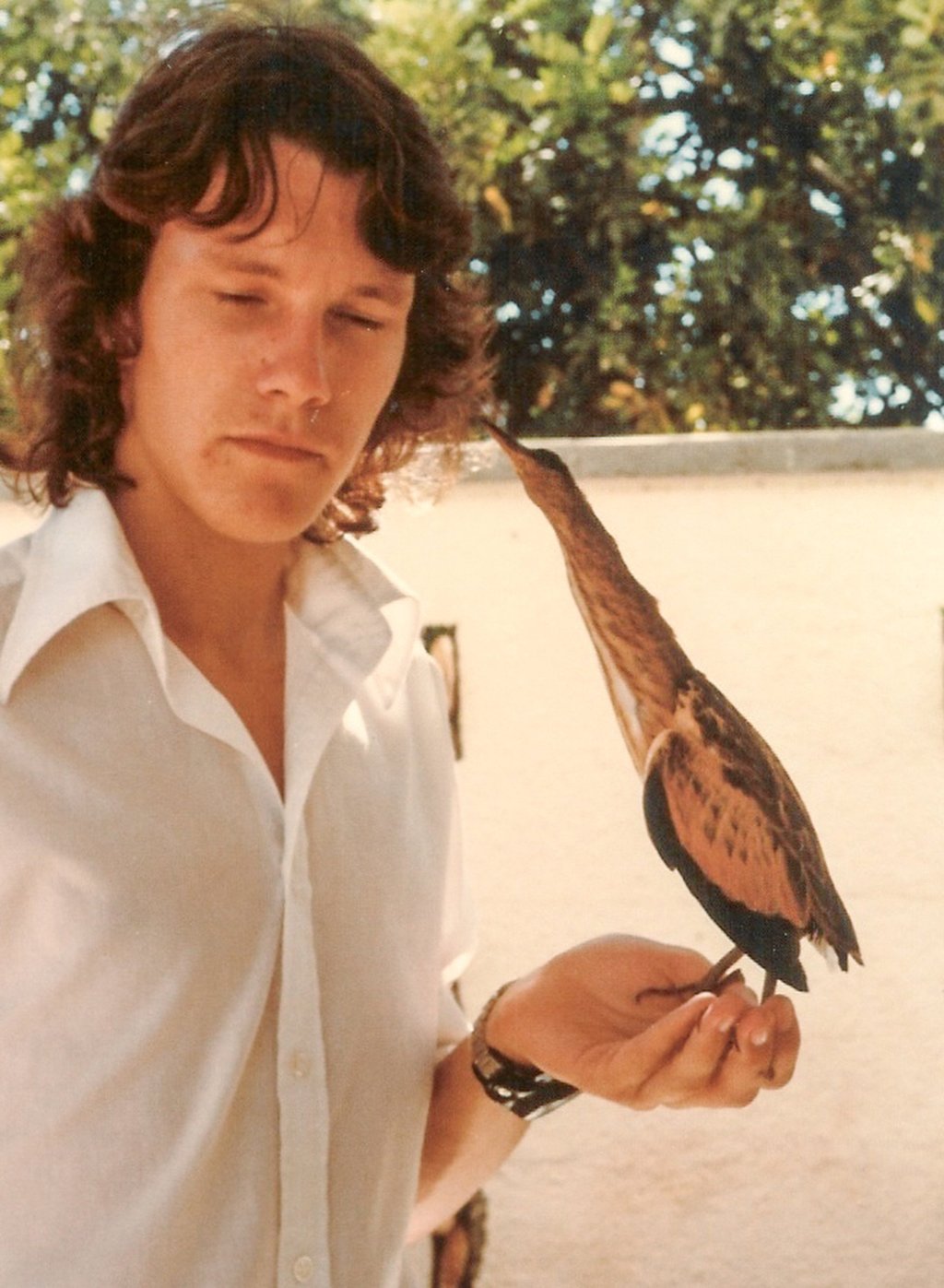
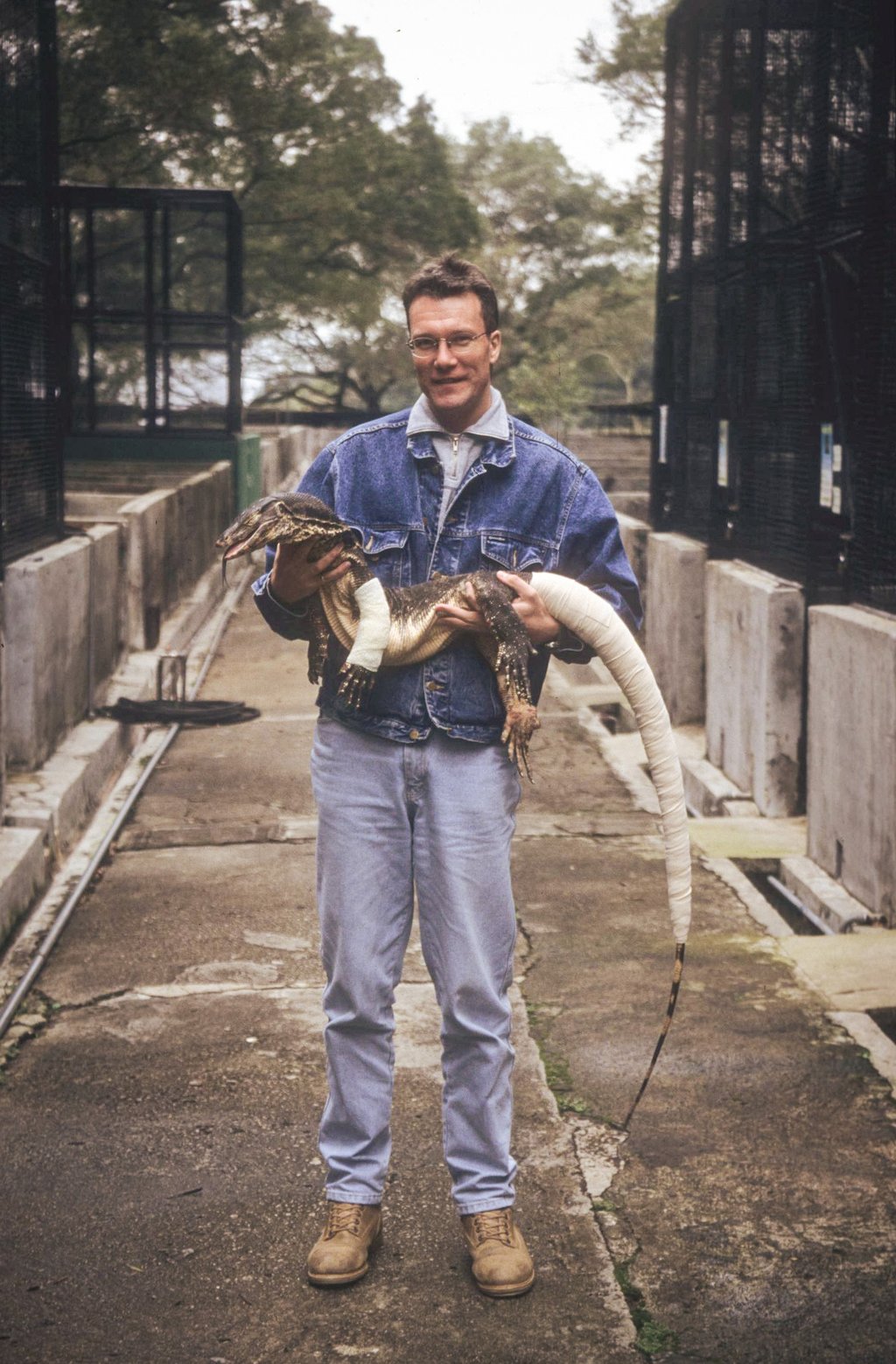
AROUND 1999, scientists across the world were starting to make noises about a crisis that was bigger than that of the dinosaurs, and it’s the loss of reptiles around the planet. We started to get Buddhist associations coming to us saying they’d just saved some massive Bornean or Malayan freshwater turtles they’d found in a market in Hong Kong. In those days these animals were not protected. It was like the traders were ahead of the scientists. They started to move these animals so fast that there were no laws in the export country and then the import country to protect these particular species. So there was one big effort we did in 2001, which was to receive over 7,000 turtles from all over Southeast Asia that had been on the way to food markets in southern China. There were 12 species among those turtles. We had lots of open pigsties that hadn’t been developed yet and we just used all of those, we used all of our indoor space. Many of the turtles needed heating because they were a tropical species and it was winter when this all happened. It ended up with renowned turtle experts flying in from America, from the UK, from Holland. They were all coming in to help us deal with what was a tipping point for massive education programmes and turtle protections. We deal with every snake case that the police (and the Agriculture, Fisheries and Conservation Department) are called for. The snakes come here and we make sure they haven’t been damaged while they were being captured. We have a 95 per cent release rate. We’re doing a scientific study with the government where we microchip all the pythons and we take measurements before we release them.
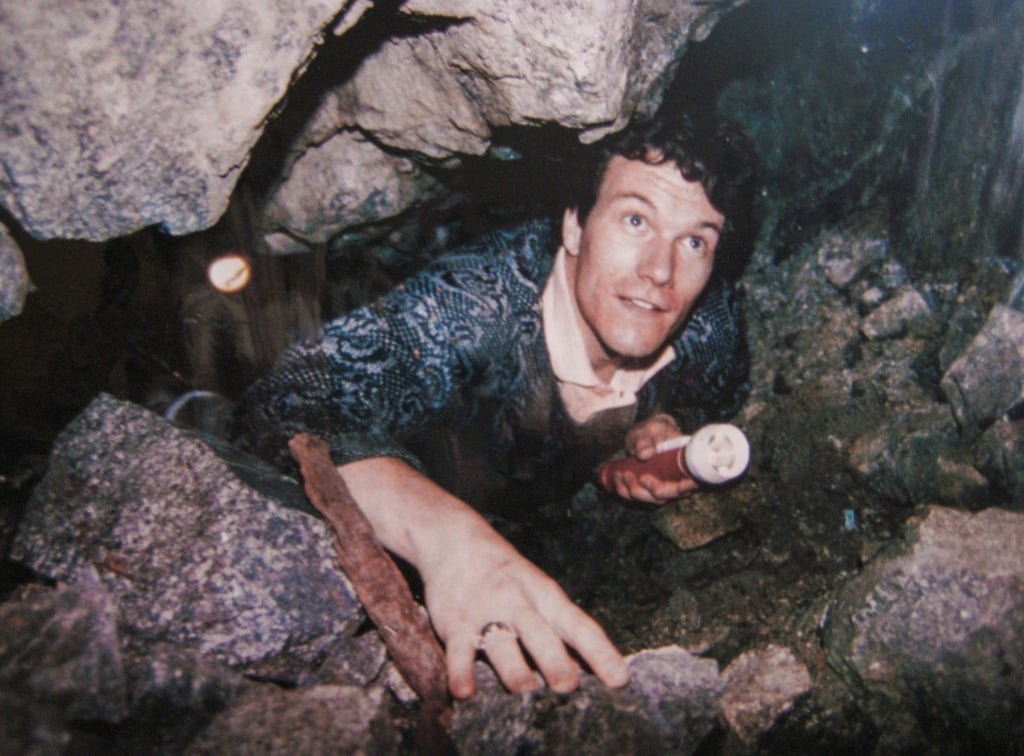
I DO HAVE A LIFE outside. I’ve got a Hong Kong wife called Vivian. We married in 2010. Her work life is very different from mine; she works for an insurance company. She’s really into animals now and we have a pet lizard at home. I’m a musician and I used to play in a band with David Dudgeon (emeritus professor of ecology and biodiversity at the University of Hong Kong). He was the bass guitarist and I was the guitarist. We had several bands but one of them was called Walk on Water. The drummer was (former RTHK DJ) Gerry Jose, whose daughter was a singer. It was rock music, so we played all sorts of things, from the Foo Fighters to David Bowie to the Police to Sting. I’m still playing, but I’m acoustic now, so I play in a small acoustic band, which I love because the days of being cool with my electric guitar are over.